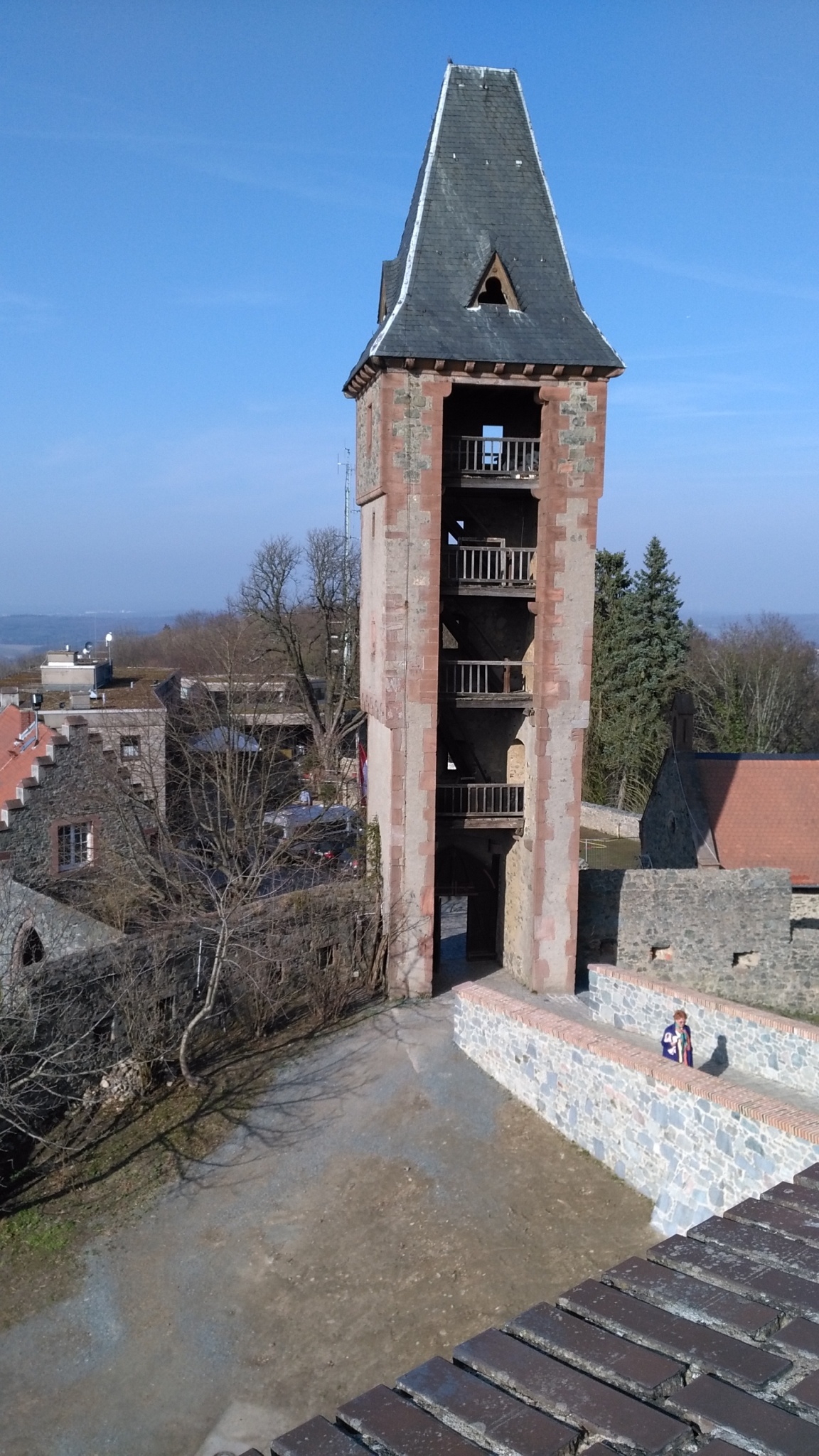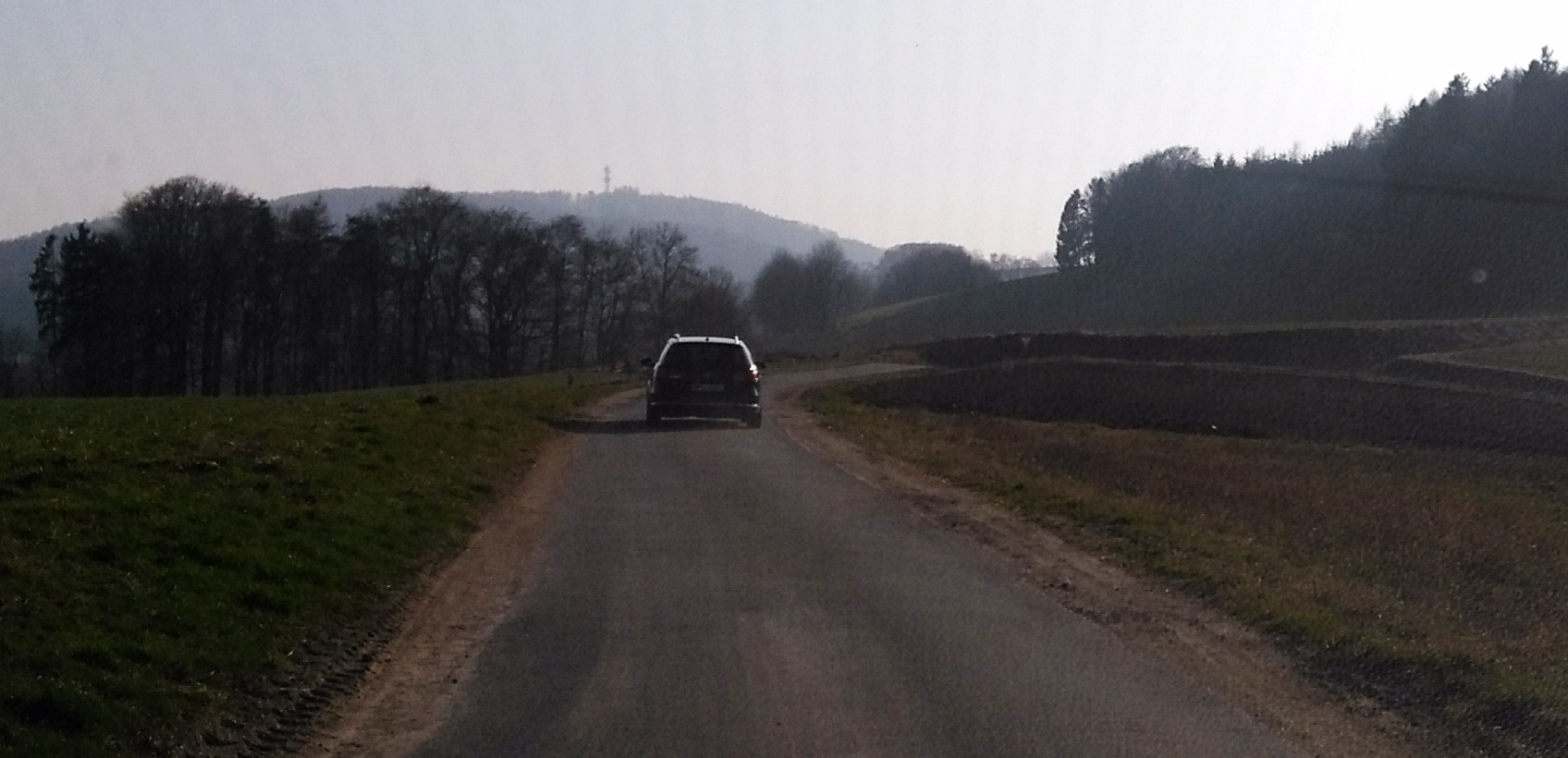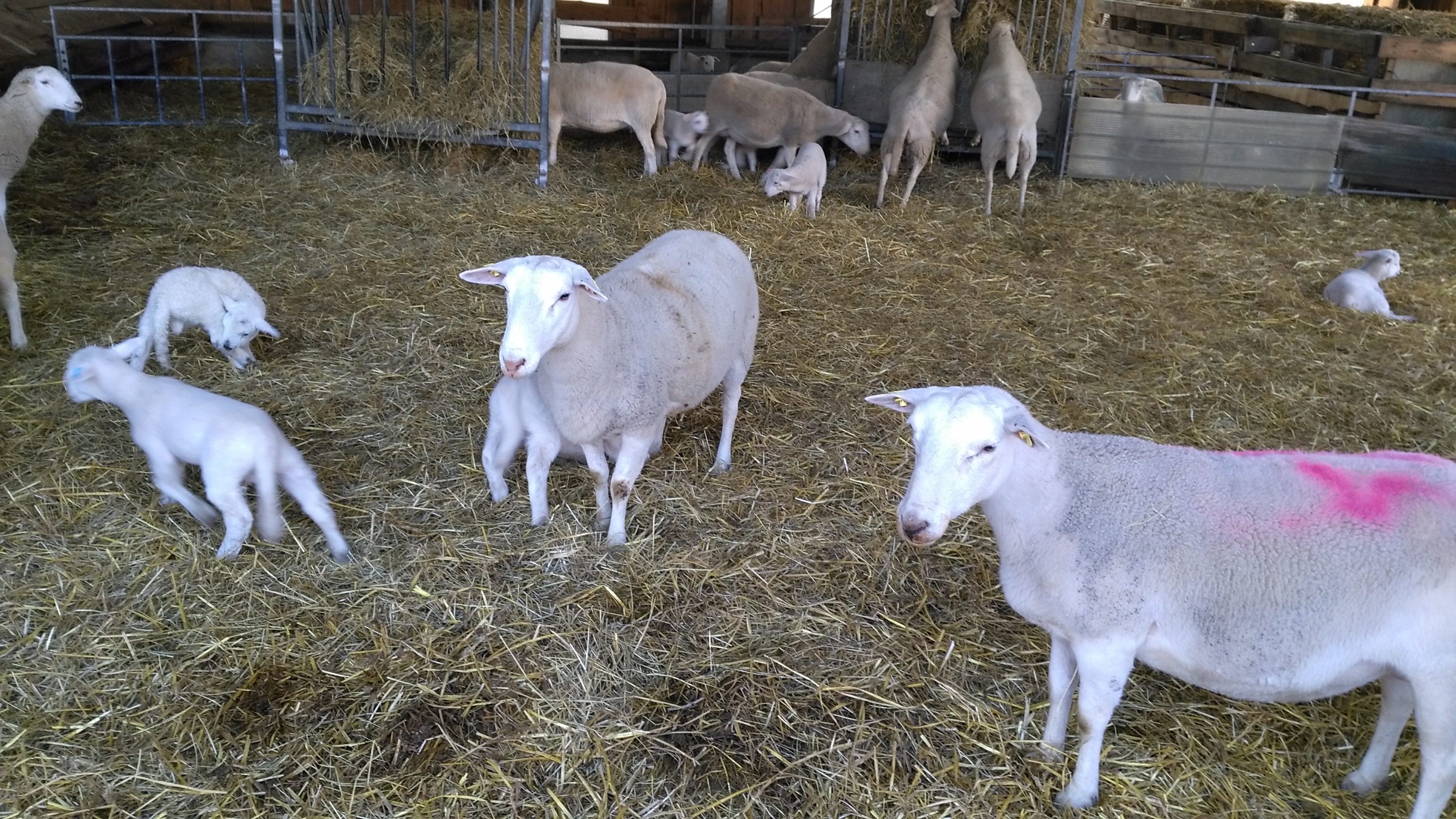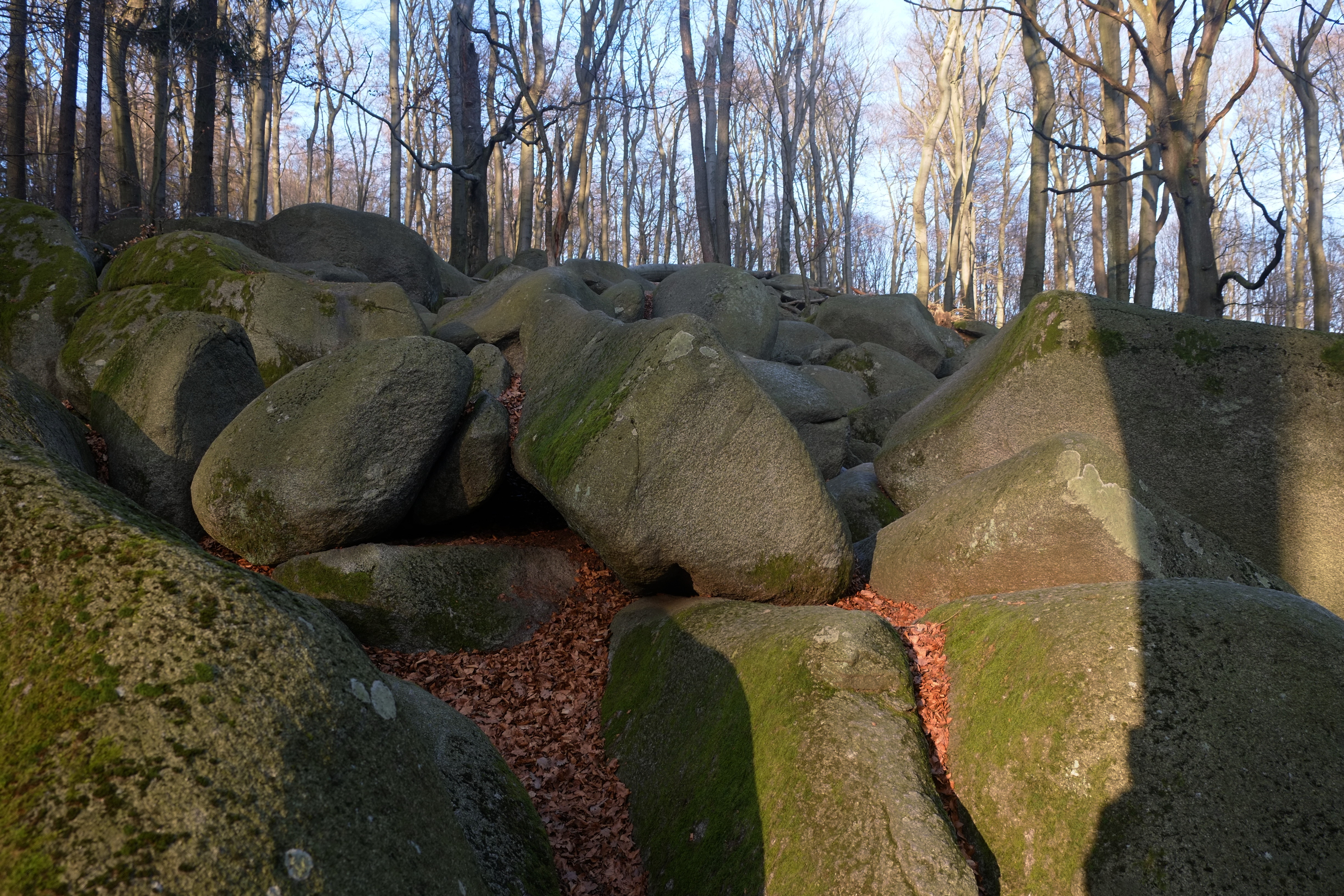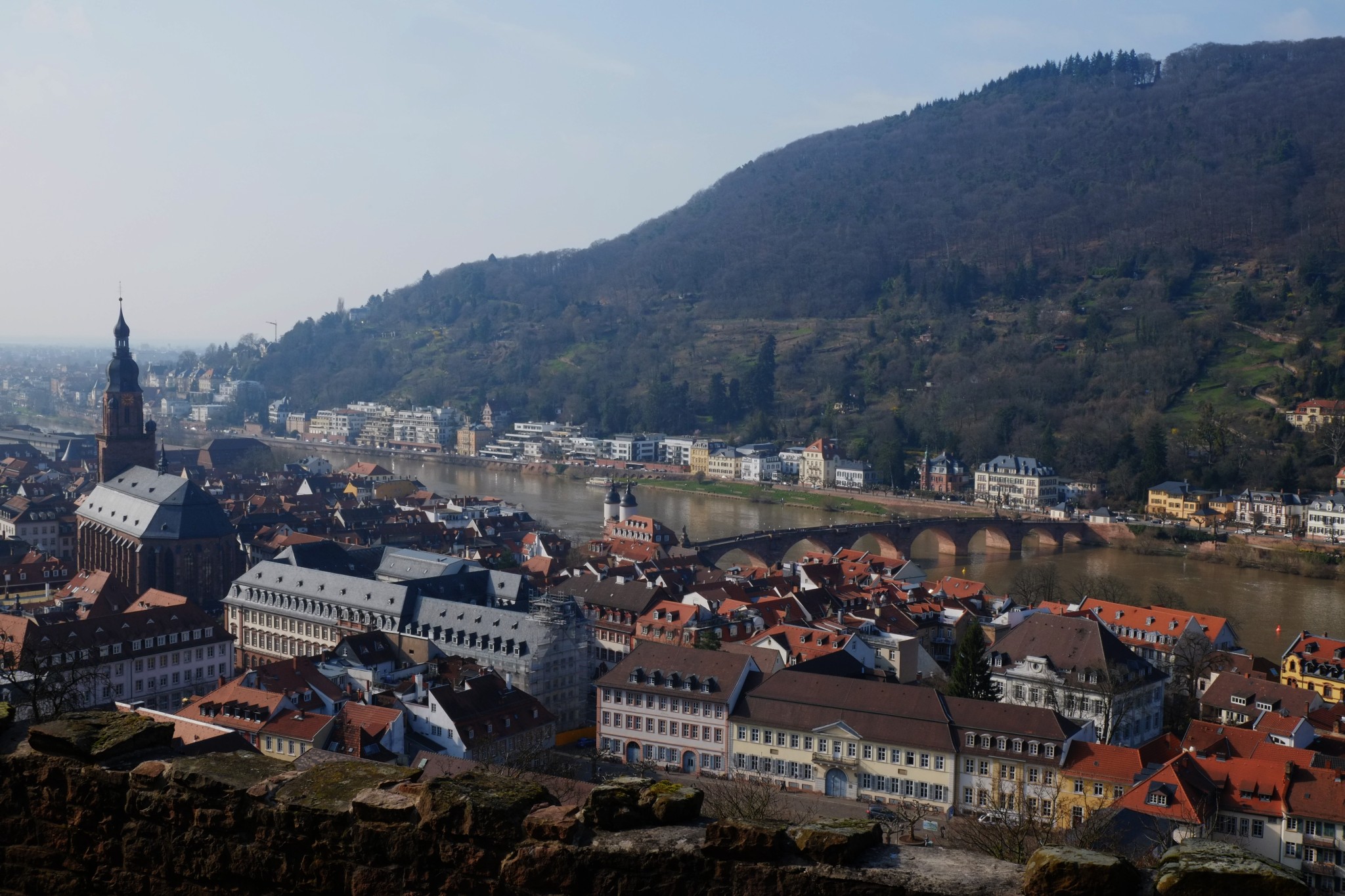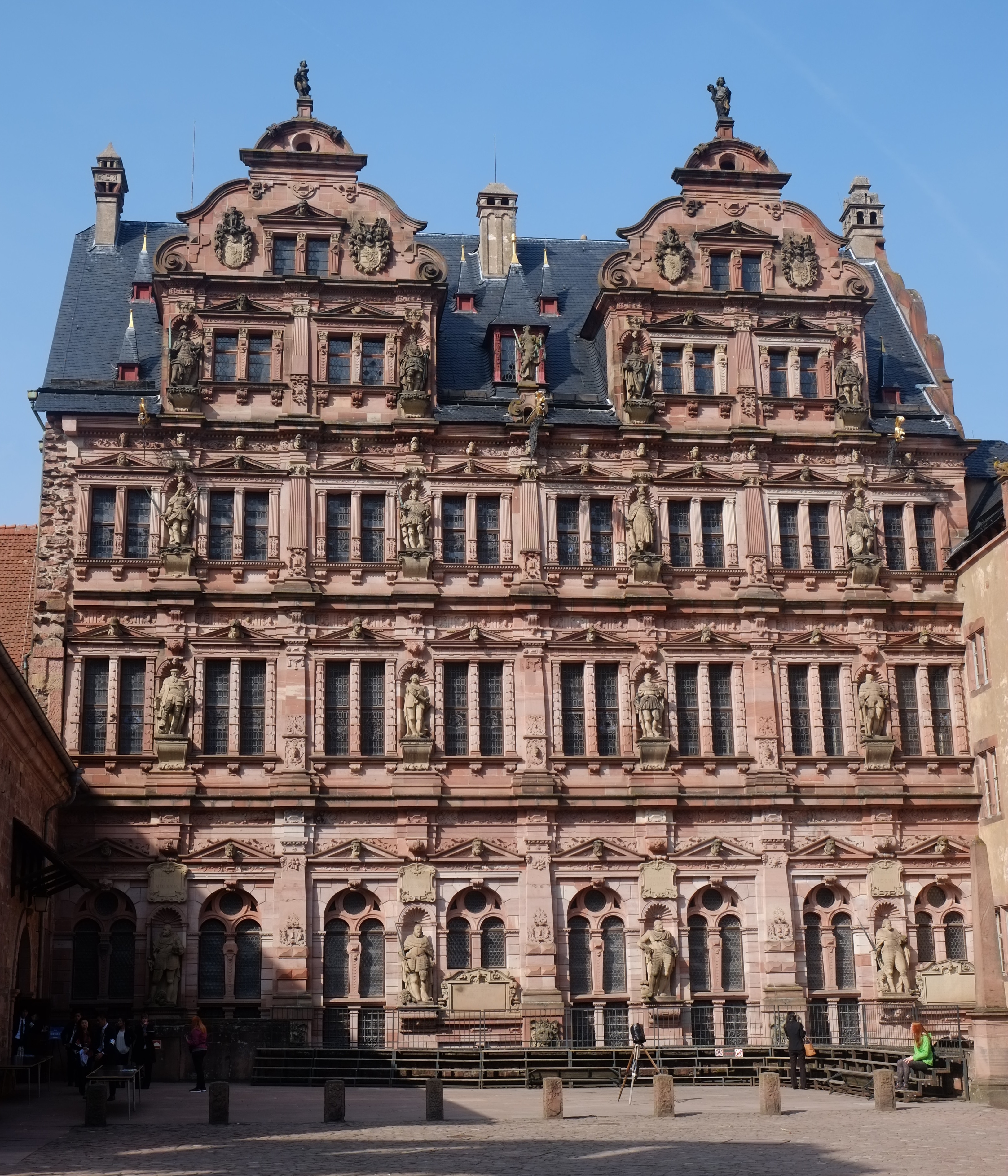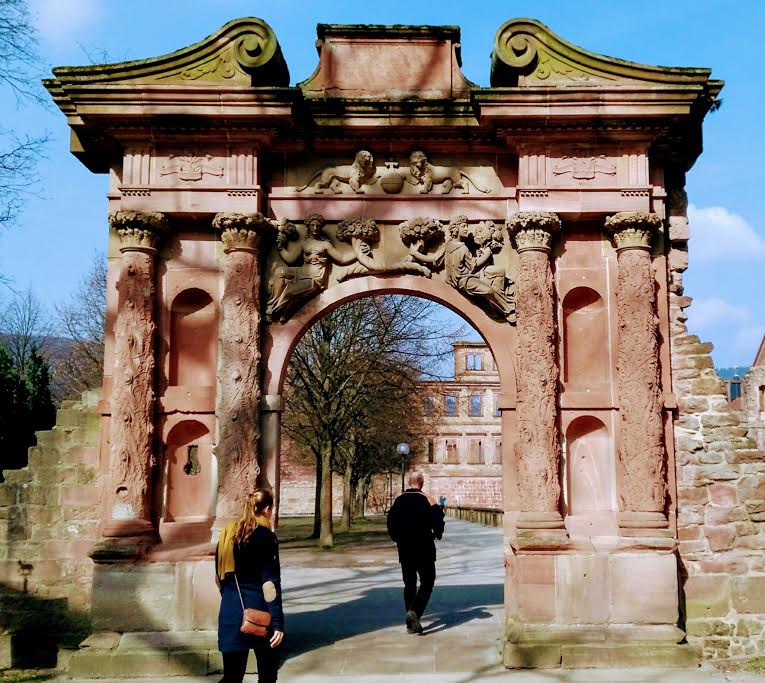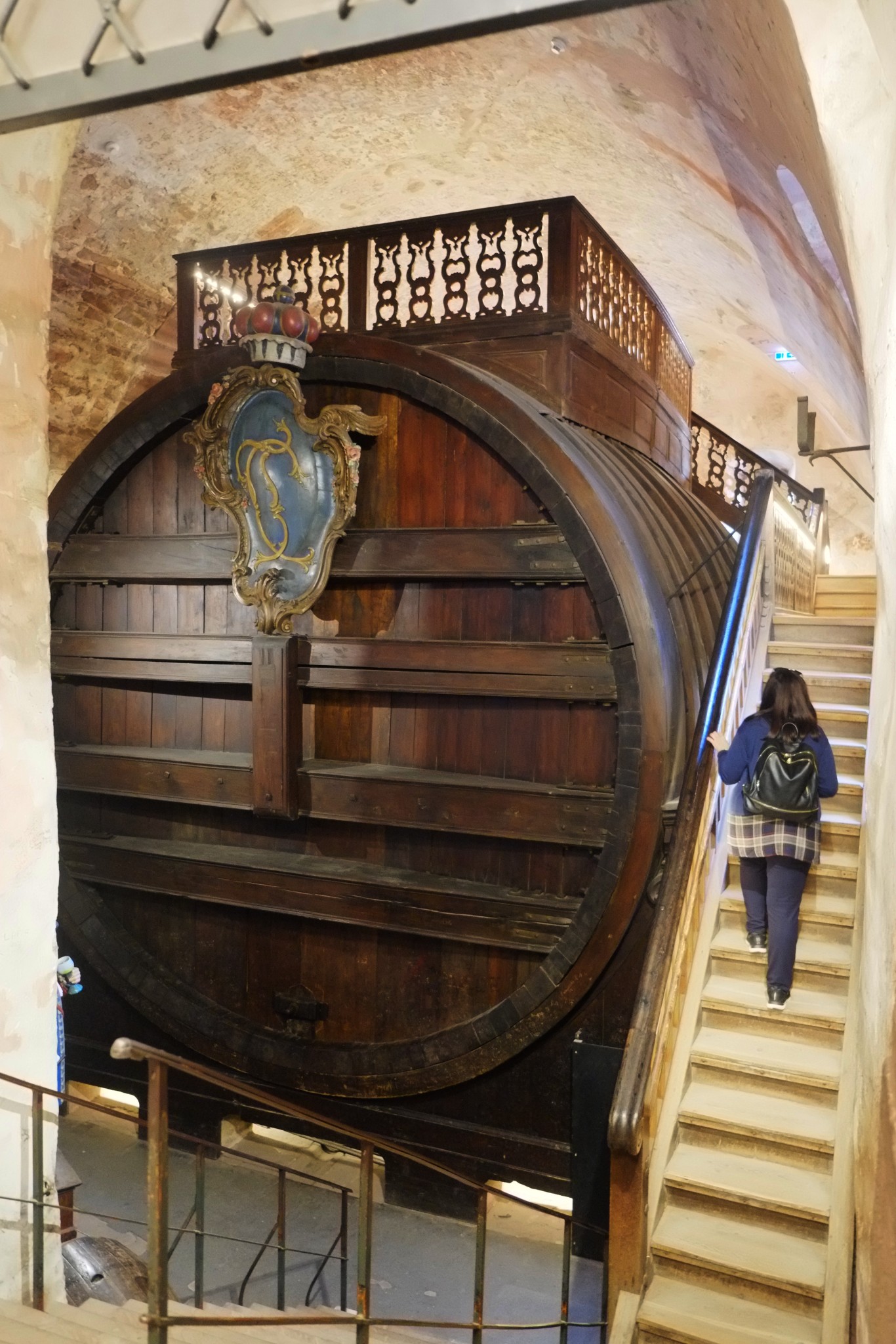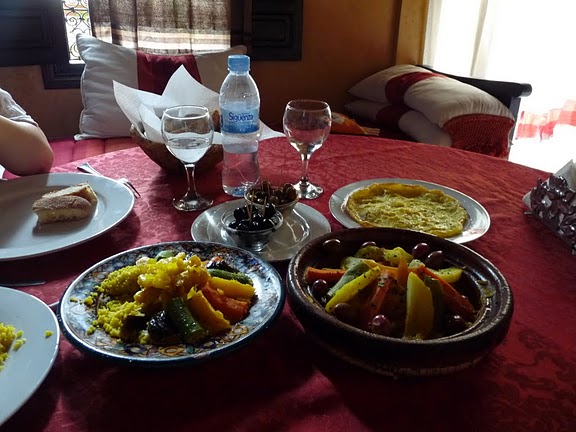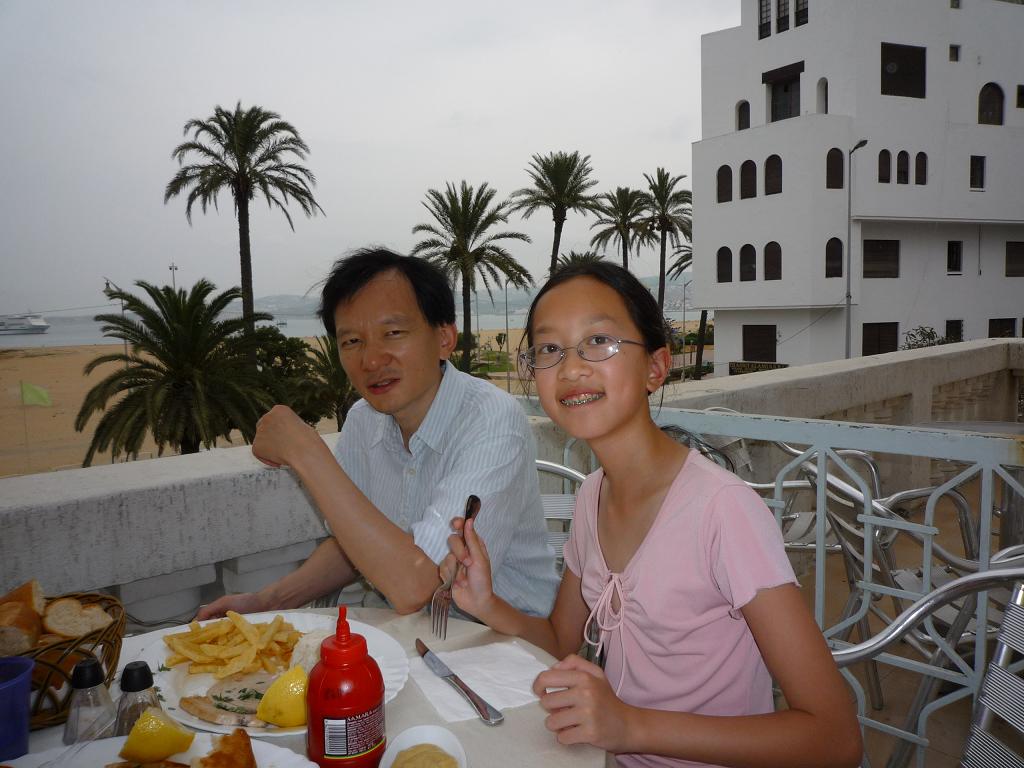2024 North Pole Cruise Travelogue
8/6 Day -2, Oslo
Yiran flew in from Boston, in the morning. I got in late in the afternoon, from Beijing.
Oslo was kind of expensive. Shuttle to airport hotel was €8/p. Yiran got there first, by taxi–she injured her ankle a couple of weeks prior, in Amsterdam, in an accident involving a rental bike, and she was trying her best to protect it, especially to prevent it from getting worse. On this trip she brought a set of braces for the ankle, and a “boot”, which was a heavier set of braces.
8/7 Day -1, Oslo
Some of my classmates tried to fly to Longyearbyen but failed. Their plane took a couple of tries and couldn’t land, and had to fly back. Svalbard area, or North Pole region in general, is known for very changeable weather. One consequence of the attempt to fly to Longyearbyen was that they each got two stamps on their passports: one for leaving Norway and one for returning. Although Svalbard is administrated by Norway, it is considered “international”, and one has to exit Norway in order to fly there.
We took the time to visit the National Museum. There are two types of trains to the city center. The normal train is 128 NOK (about US$12), and takes some 25 min. A fast train is 250 NOK, and shaves a full 4 min from the trip. We took the slower one.
8/8 Day 1, Longyearbyen
We met several of my classmates and their partners and friends at the gate. Weather was perfect, and our flight was smooth. We stopped over in Tromsø, where we had to exit the plane, go through immigration, and get onto the same plane. Yiran was given priority service, but she had to walk up and down the steps of gangways–there was no jet-bridge in Tromsø, nor in Longyearbyen.
Outside of the Longyearbyen airport, there were buses waiting for us, as we were informed. But in addition, a couple of guys in nondescript clothing told us if we meant to go on the Oceanwide cruise we should leave the luggage with their cargo van, instead of onto the bus. I didn’t fully comprehend what’s going on, and couldn’t even be sure that they were related to the cruise, but complied anyway. The air was a bit chilly, but not super cold. A tall Italian guy introduced himself as Marco, an expedition team member from Oceanwide. I wondered whether his last name was Polo, as for the Poles, but no luck there. Outside the bus window, a reindeer grazed on the ground hugging vegetation. Ah, North Pole, land of the Santa Claus and his reindeers.
The bus, arranged by Oceanwide, took us to the town center. There was a supermarket, a mall of sorts (with 2 stories, an elevator that had only single-layer doors, and maybe up to 20 establishments). We found a fusion Vietnamese place, and ordered something simple. This being late afternoon, we were looking forward to food on the cruise. Besides, this place was a bit expensive. Things seems to be that way in Norway, even back in Oslo, but given that here we were at latitude 78°N, where nothing could be produced locally (Polar Bear being an exception), we could swallow the price a little, with spring rolls.
By and by it’s time for boarding. We were told by Marco that it takes 10-15 min to walk to the ship. But Google maps had a different idea, and suggested a 25 min walk. With Yiran in ankle boots, we decided to take a taxi. A taxi showed up before we called the phone number for Longyearbyen taxi, and it’s as expensive as everything else.
At the pier we met the rest of the classmates/partners/friends, and found our cabin number from one of them.
Now we fully appreciate the advantage of parting with our luggage early. We could more easily climb up the gangway to get to the ship! The gangway led us to Deck 4. We got our tappy badges for our room, and were told that we needed to go up to Deck 5 for our safety briefing, and Deck 4 for mandatory safety training. Then we could go to our room (on Deck 3), rest a bit, then go to dinner, on Deck 4, and be present at our first daily meeting (normally it’s called Daily Recap, except for this first one), on Deck 5. And there were no elevators on the ship. I asked whether Yiran could be spared the trouble of going to all these events, and was told that she could skip the safety briefing, but not the safety training. Oh well.
In the cabin, we were happily reunited with our luggage–the staff delivered our luggage based on the luggage tags we had on them, which were not particularly meant for this cruise. We had two beds, a desk, a TV, a restroom with a shower, and two portholes that we couldn’t close. The room-darkening curtain was welcoming–the sun would not set during our trip.
In the evening we sailed out to the open ocean. We both got seasick, but Yiran suffered more from it. She thought going to the open air helped, and so we went to the bow of the ship. It didn’t.
The passengers were split into the Red and Blue groups, so as to better organize activities. We were assigned the Red group.
During the meetings we found that they have simultaneous interpretation into Chinese. And on the ship, signs are generally bilingual, in English and Chinese.
8/9 Day 2, Lillihookbreen and Ny Alesund
The guests were woken up, if not already, by the announcement piped into each cabin. Unlike a normal cruise, this one had militarized schedules. We’d arrived at a part of Svalbard (aka Spitsbergen) that’s full of glaciers. It’s called Lillihookbreen. The ship parked in the fjord for some time, for us to better soak in the wonderful and fantastic sight. A mandatory bear safety training was held. Basically, the expedition team would scout a place before we would be allowed to land, and we’d be escorted on land by them, one in the front and another in the back, for each group. They each carried a signal gun to scare any intruding bears away, and a rifle to use as a weapon of last resort–which they’d never had to use yet.
We were warned that we shouldn’t have too high a hope of seeing polar bears. While the expedition was billed as “in search of polar bears”, we might not actually find them. Walruses are the kings of the arctic, we were told. Then, it was announced over the PA system that one bear was actually sighted. It was near enough that some people with good eyesight might see a yellowish dot on shore, but I needed the help of a camera lens, or better yet, a pair of borrowed binoculars. The bear was feasting on some dead animal, with a bird (most likely a gull) standing by, waiting for its share. Eventually the bird flew away, having waited in vain for too long.
Boots were not distributed as planned, because the ship was able to dock at the pier in Ny Alesund. This would be the last time that we’d reach a pier, though, until we got back in Longyearbyen.
In the afternoon we landed on Ny Alesund. This is a multi-national research site, in use by about 10 countries. The US and Russia do not use this site, because they have their own territory in the arctic circle. The research stations do not fly national flags, due to the host country’s desires. But the Chinese station (named Yellow River) has a pair of stone lions, which became a big attraction. A couple of large groups were from China, and they had a Chinese flag to take picture with. There was also a smaller group from Taiwan, who only displayed their flag at other times.
The research stations are not large, and each is housed in a single-story dorm building used by coal miners in the past. The coal business had long shut down, with a small locomotive and a few train cars telling the “town’s” past glory. The coal excavation company, Kings Bay, survived the times, and now manages the logistics of the multi-national research team–unlike the Antarctic research stations, here all of them share the same dining hall and other logistical support infrastructure, including the airfield, and a dog-care facility. There were also a post office, a general store, and a museum, all open to the tourists, and each proudly proclaiming its northern-most status.
Not far from the Yellow River Station, there was a steel launch tower, of about 25-30 m high, which was used by the 1926 transpolar flight by the team of Roald Amundsen, Lincoln Ellsworth, and Umberto Nobile, using an airship (like a glorified blimp). The guide explained everything in Chinese only. It’s on this occasion I realized that the Red group was a Chinese-speaking group.
During dinner, we figured out that if we sat at a large table, which there were four in the dining room, we have a higher chance of having an expedition team member sitting and eating with us. The expedition team members were all very knowledgeable and personable, and they were all very passionate about what they do, and we benefited tremendously from chatting with them. Later on we learned from Hans, the expedition leader, that eating with the guests became a requirement for his team a couple of years ago, under his directions.
8/10 Day 3, Sjuoyane (Seven Islands)
This is the first day that we rode on a Zodiac, a kind of rubber landing vessel. It’s fast, bumpy, and a lot of fun. One does get sprayed with sea water though. And to get off and on the Zodiac, you had to step into water. Thus the necessity of the rubber boots, and the water-repelling pants.
Yiran wore size 37 on her good foot, and size 42 on the injured one, ankle brace and all. And size 42 happened to be my size. It looked funny but worked well.
Because of our slow speed, we were given an expedition team member for ourselves, Marco. When Yiran asked, Marco turned out to be super-knowledgeable about the geology of the region. The rock formation is migmatite, which Yiran understood, from the “-tite” part, to mean that there is a metamorphic rock. And the way the limestone layer tilted means the rocks had experienced a lot of compression at some time. On the other hand, the “ground levels”, which there were many, were caused by the glacier receding from time to time, which caused earth’s crust to pop up, which in turn causes new levels of sedimentary plateau to form on the part of island shelf newly exposed to the water.
We also saw the carcass of a polar bear. The meat and skin were gone, and only the bones and some fur were left behind. Marco suspected that the carcass was opened by another polar bear, and then the rest was finished off by other bears, arctic wolves and birds (mostly gulls). Animals! What can one say! But it’s known that when pushed to extremes, people can be cannibals too.
Soon pandemonium descended. As some other guests came back from their hike, they got all over the polar bear carcass, partly to be awe-struck, partly to take pictures. The expedition team members tried their best to keep people away, but not very effectively. Yiran realized that many guests did not have good enough comprehension of English to understand the words of the expedition team, and tried to help by translating them to Chinese.
The next activity was a cruise on the Zodiac, to a set of small rock outcroppings with Walruses on them. There were dozens of them, crowded over a couple of very small rock outcroppings. I think the expedition team went downwind to them on purpose, so that they didn’t smell us (we could see each other all right, but neither group was afraid of the other), but we smelled them perfectly, and they stunk! Big time! I imagined that on those rock outcroppings, the rocks were either covered with their wastes, or their bodies, or were recently cleaned of their wastes by their bodies.
Back on the ship, there were a couple of announcements looking for particular guests. Unlike “normal” cruise ships, the expedition ship has a policy that no person was left behind. When we went off the ship, we swiped our badges to check out. And when we got back, we swiped to check in. Apparently some guests forgot the latter step. On one of our Zodiac cruises, I had the honor to interpret for the guests on the boat who were not fluent in English, when our guide/driver told the following story. During WWII, the Germans sent some soldiers to the Svalbard to set up a weather station, because the weather in Svalbard was a good indication of the weather in continental Europe in the coming days. After the war ended in May, these soldiers were forgotten, and was only remembered and picked up in September! Good thing they were well-supplied to live till then!
We were shifted to the Blue team by Hans. Our speed was too slow for the Red team, and our English was good enough for the Blue team.
After lunch the weather became foggy and we were not able to do the afternoon excursions as planned. And when we are stuck on the ship we get lectures. Today, in the afternoon and evening, we learned about glaciers, planktons, geology of Svalbard, and Walruses. The most impressive was the talk about Planktons by Chloe, whose overflowing enthusiasm completely transformed an otherwise less-than-interesting topic.
8/11 Day 4, Pack Ice
We were awoken by strange noises. The ship was now sailing through pack ice, or a sea of floating ice (not icebergs), on purpose. It turned out that during this time, sea ice was not easy to find. Although there were sea ice forecasts for the region, like weather forecasts, they were not very reliable. A sister ship of ours spent two to three days looking for it.
Although our ship was able to handle some ice, it could only deal with ice up to 1 meter thick. So, paradoxically, now that we found the ice field in the sea, the ship was charting a course that’s relatively clear of ice. We learnt that this ship was a polar class 6. And to be able to truly go to the North Pole, one need a polar class 2 icebreaker ship. Pack ice is formed when water froze on the sea, while icebergs are formed when chunks of ice breaks free from a glacier.
Up on the bridge of the ship, which was open to passengers during much of each day, we could see the ship driving through ice field. It’s rare to see very large sheets of ice. Most of the ice sheets were small and isolated from each other. From the bow we could see the ice more closely. Some ice was blue, due to it being compressed at some point. Very often there are small pools of water either on top of a sheet of ice, or slightly below the surface. My classmate Yang Zhu invented the method of sticking a cellphone through a hawsehole, and shooting a video of the ship’s stem cutting through ice sheets. The result is magical.
This was the northern most part of our expedition, reaching about 81.73°N (81°43’37″N by my phone’s GPS). We wished for the sight of a polar bear on ice but it didn’t materialize. We did see a few ivory gulls, a rare and treasured sight for birders, we were told. And a kind of very cute-looking black bird called Little Auks, whose big heads and thick necks, relative to the size of their bodies, made them look like cute babies.
Because this was the coldest day we had on the cruise, the captain kindly provided hot chocolate on the bow, with optional liquor added. We were also graced with a fog bow, also called a white bow, supposedly a rare event.
As there was no chance to go on a Zodiacs cruise, here among the ice floes, we had more lectures. One of these was the gripping tale of Salomon Andrée, retold by expedition member Misha, based on the book Flight of the Eagle. Andrée was an enthusiastic but foolhardy balloonist, who took a disastrous balloon expedition to the North Pole in 1897, with two team members. He designed the balloon to be steerable, but it was not. He designed it to stay in the air for 30 days, but it did less than 3. They were ill-prepared to hike on ice, both mentally, physically, and logistically. They aimed for one island to hike to, then changed their minds and aimed for another, and ended on a third one, all due to the movements of the ice floes on which they walked. Their travels on ice, by foot mostly, with a simple boat to cross between floes, greatly hindered by the movement of the floes, took about three months, and covered the distance of over three hundred miles. They were forced to land on the island of Kvitøya, after the ice broke apart under the hut they took two weeks to build. They died on the island in quick succession, shortly after landing.
In the year 1930, the mystery of fate of Andrée’s expedition was finally resolved, when a couple of sealing ships sent people to the newly approachable island of Kvitøya and discovered their remains, together with their diaries, and a few hundred exposed but unprocessed pictures. Unfortunately the three explorers’ remains were cremated, and their causes of death were never conclusively determined.
The most tear-jerking part of the story was yet to unfold. Among the artifacts left behind were several letters expedition member Nils Strindberg wrote to his fiancée Anna Charlier. Anna was married to someone else by 1930, when the letters were found. When she eventually died, she asked that her body be buried with her husband, but her heart be cremated and entombed with her fiancé Nils Strindberg.
Alas! The book Flight of the Eagle is not completely factual, and I don’t know which part of it is fictionalized. I am afraid the part about the fiancé’s heart is, but I’d rather not find out.
8/12 Day 5, Kvitøya
Now that we heard so much about Kvitøya, we were eagerly looking forward to landing on it. Kvitøya, meaning the White Island, was completely covered with an ice cap, at least before the 1930s. And it was one of most remote islands in Svalbard. In late 1800s it was also surrounded by ice sheets all year long, making landings next to impossible. One of the more plausible theories of the death of Salomon Andrée was that he killed himself by opium overdose. His motive could be that he, the last of his three men expedition, alone on a remote island, facing an upcoming arctic winter of several months of darkness, was too exhausted and lost hope, or desire, of ever getting back to human society.
On the Zodiac we were told that on the beach, which was now free of ice, there was a whale carcass, and it’s hopeful that it would attract polar bears. What we didn’t expect was seeing so many of them! There were a total of six polar bears we saw on a small portion of the island (small relative to size of the island), including one that came up to the water’s edge to take a closer look at us! When it shook itself, we could clearly see ripples travelling up and down its furry coat! What a treat! I came up with the first lines of this nursery rhyme, but did not let them out of my mouth:
Polar bear, polar bear, what did you see?
I saw some food looking at me!
Polar bear, polar bear, how did they get there?
They drifted on something, with noise I hear!
The rest of the bears simply lounged comfortably on the beach, somewhat further away from us, with food in their belly, and a forever shining summer’s sun overhead.
Due to the presence of the polar bears, we were not able to land on the island. Right behind where the polar bears roamed, and rested, we saw the memorial set up near where the Andrée team’s remains were found. It was a simple stone tablet, standing on a mound of moraine stones about waist high.
Besides the polar bears, we saw several groups of walruses bathing in the water near Kvitøya. They looked very cute and playful in the water, bobbing up and down, and looking at us curiously, where they did not stink! Once we were back on the ship, we learned from our friends that a Walrus punctured a Zodiac’s air pocket. Fortunately a Zodiac is designed with several independent air pockets, and can survive two of them being punctured at a time without any danger to its passengers. Still, the driver of that Zodiac called for backup over radio, and another Zodiac came over and accompanied the stricken one back to the ship. The incident was not announced. We heard from one of the lectures that the walruses use their tusks not for food or mate, but for pulling themselves up onto ice floes. So this walrus possibly didn’t mean harm at all, and could simply had been curious. Of course the walrus was also possibly agitated by the noise of the Zodiac engines.
There were more lectures in the afternoon and evening. One of the evenings I also watched a BBC documentary named Bear Witness, about polar bears, and shot on Svalbard. The ship’s collection of videos were great, and it’s a pity that we didn’t have the time to watch them all.
8/13 Day 6, Isisøya
Morning expedition was cancelled due to fog. So we got some lectures. In the afternoon we were able to land on an island named Isisøya. I was sure it was not related to the terrorist group. I thought it related to something Egyptian, and I did find the reference, thanks to the Internet provided by the ship.
Isisøya was full of birds, some with baby hatchlings, that we had to carefully walk around without too much disturbance. We were told by the expedition team that we should never attempt to touch the hatchlings, as the human scent might make the adult birds think that the babies were not their own. We walked up a small ridge and watched seabirds diving Into a pool of water, fishing. It’s a very relaxing sight.
In the evening, Amy, the girl about Yiran’s age, who went to the Antarctic as a researcher, gave a talk about her experience there, to the small group of Beida friends. Her work was to surveil the penguins, by reading the markings put on the “arms” of the birds by scientists with binoculars. Both her work, her living conditions, and her research subjects were interesting to us. And it’s remarkable that she gave the whole talk in Chinese.
8/14 Day 7, Alkefjellet
This was a place where thousands of seabirds, mostly guillemots, built their nests on the almost vertical cliff surface. Guillemots are somewhat like penguins. We were told by our Zodiac driver that penguins were a species of bird that used to live in the northern hemisphere. When early explorers saw the strange birds in Antarctic, they named them penguins, because they somewhat looked alike. Unfortunately the “true” penguins, the ones which originally born the name, went extinct due to hunting, and now we’re left with only these “look-alike” penguins.
The guillemots chose the cliff surface to raise their chicks, where the arctic foxes couldn’t reach. What they gave up are the comforts of spacious and fluffy nests. On the ledge of the rock face, space was very limited, and very limited material was available for nest building. The birds stood side-by-side on the ledges of the cliff surface, while the ledges range from near the water to dozens of meters high. It looked more impressive to me than the skyscrapers in Manhattan–the ledges being very small, all the birds, no matter on ledges high or low, were visible to us at the same time, unlike the glass and steel facades of the skyscrapers, which concealed whether people were hiding behind them at any moment.
The guillemots looked pretty idle, but they were potentially sitting on eggs or guarding their chicks. The chicks, being smaller and shorter, were generally not visible to us, who had to look up the ledges to see the adult birds. There were also many birds flying about in the sky, or fishing in the icy water near our Zodiacs.
Above but not far from the guillemots were also a few large white birds nesting on the same rock surface. These were glaucous gulls, our Zodiac driver told us, and they preyed on the guillemots’ chicks and stole their eggs.
In the afternoon Yiran was a bit sea sick and didn’t want to take another Zodiac trip. I stayed with her. The other guests made another Zodiac landing, and some even took part in a polar plunge. The most amazing of all is that Amy went into the freezing water twice! Going into the water once is already pushing the limit of human endurance of cold temperatures. Doing it again after getting out of the water is super-human.
8/15 Day 8, Fog
A foggy day that didn’t permit landings or taking Zodiac cruises. So we had more lectures. Among the lectures of the day the most gripping was another tragic North Pole expedition story, the one of Umberto Nobile, given by expedition team member Jens.
We’ve seen the name of Nobile before, on the plaque on the airship launch tower in Ny Alesund, near the Yellow River Research Station. That plaque commemorated the 1926 expedition by the team of Roald Amundsen, Lincoln Ellsworth, and Umberto Nobile. Amundsen was the first to conquer the South Pole, and wanted to make it into the history books as the first human to have conquered both poles. Ellsworth was his financial backer. Nobile was the airship builder.
The 1926 expedition was successful. But Nobile and Amundsen had a falling out over who should have gotten the most credit. And Nobile also regretted that the airship he built was renamed Norge (meaning Norway in Norwegian) after it was purchased by Amundsen. Nobile was an Italian, and a proud one at that, and in the year 1926 Italy was in a nationalistic frenzy when Mussolini was the prime minister transforming into a dictator. So Nobile wanted to do an Italian expedition to the North Pole, without Amundsen/Ellsworth or anyone else who might “steal” his glory.
The airship for Nobile’s 1928 expedition was named Italia (meaning Italy in Italian, of course). Also launched from Ny Alesund, it successfully reached the North Pole. Unfortunately, it wasn’t so fortunate on its way back, but crashed on ice. Nine people died, and seven survived. An international effort went underway to rescue the survivors, using planes and an icebreaker from Russia. Eventually, six survivors were rescued, but 27 rescuers lost their lives. Among the 27 was Amundsen, whose plane crashed before finding any of the survivors.
Nobile’s reputation was badly damaged through the ordeal, because he allowed himself to be rescued first, when the first pilot who reached them insisted on taking him and no one else—there was only one extra seat on that plane. This is against the ethos passed down the history that the captain of a sinking ship should either be the last one to disembark, or go down with the ship.
8/16 Day 9, Bamsebu & Nathorstbreen
Today, in Zodiacs, we chased down a few beluga whales. Not intending to alarm them we got quite close and turned off the engine. The belugas played hide-and-seek with us near the edge of a glacier. We also cruised around the glaciers and mini-icebergs.
Then we landed, near a cabin called Bamsebu. It’s a whalers’ cabin, with the bones of hundreds of belugas piled nearby. The cabin is still maintained today, only not for whaling. Soon a few reindeers were spotted at a distance, on the hillside, and a longer-distance hiking group was organized to go and take a closer look. We chose to stay near the cabin, of course.
The second destination for the day was covered in fog, so we went to an alternative site, Nathorstbreen, which had not been visited by any of the past Hondius expeditions. We saw more glaciers, and more belugas. When it’s about time for us to leave our Zodiac drivers (they talk to each other over radios) spotted a couple of seals. Unlike the whales, the seals were much smaller and closer to the water surface, so they were hard to spot while one was sitting down in a rubber boat. Seals are favored by polar bears, but unfortunately not for their cuteness.
In the evening we enjoyed captain’s farewell cocktail, and Marco shared a video of our trip’s highlights, including the places we’d seen, the landscapes and seascapes, the fauna and flora, the happy and excited guests, and the crew. It was beautifully done.
During dinner we the guests were introduced to the full crew, so that they could receive well-deserved thanks from us.
8/17 Day 10, Longyearbyen
We were finally back on land!
We disembarked at a pier that’s clearly meant for bulk cargo, for some reason. As the crew lined up to say goodbye to the guests, Yiran tried to get as much contact info from the expedition team as she could. Buses hired by Oceanwide dropped us off at our respective hotels–for some reason, there were no flights out of Longyearbyen on this day.
In the evening, Cassia, a young woman who, like Yiran, also worked on policy issues in the US, and who organized the Lewis and Clark University’s team on our Hondius tour, walked over to our hotel to deliver a L&C team’s signature turquoise outer jacket to Yiran! Lightly used during the trip, the jacket was still in very good condition, and Yiran was very happy to be able to have it. But I see the jacket as a symbol of a budding friendship. I also was very grateful for the opportunity to know my classmates and their friends and partners better. Through the WeChat group set up for the cruise, I follow many of them’s continued explorations, enjoy the great pictures they take, and share their feeling of renewed youth! The cruise is indeed a gift that keeps giving!
2024 North Pole Cruise Travelogue Read More »
